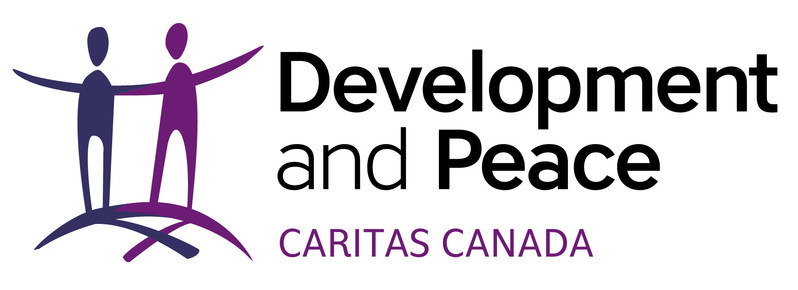Canada: Ombudsperson for extractives industry
On January 17, Canada’s Trudeau administration announced a new ombudsperson to oversee Canadian mining, oil, and gas companies after more than a decade of pressure from Canadian human rights advocates, affected communities, and other organizations in solidarity with communities harmed by Canadian extractive industries.
On January 17, Canada’s Trudeau administration announced a new ombudsperson to oversee Canadian mining, oil, and gas companies after more than a decade of pressure from Canadian human rights advocates, affected communities, and other organizations in solidarity with communities harmed by Canadian extractive industries. The following article was published in the March-April 2018 issue of NewsNotes
Development and Peace – Caritas Canada, the official development agency of the Canadian Catholic Church, played a critical role in advocating for the creation of an ombudsperson for the mining and gas industries, who will oversee operations of Canadian companies and issue public findings on allegations of harm. The office will also make recommendations for redress, regarding corporate eligibility for government services and with respect to policy and law reform.
Serge Langlois, executive director of Development and Peace, the Canadian member of Caritas Internationalis said, “This announcement has been a long-time coming and we are happy to see that the government is respecting its electoral promise and restoring Canada’s role as a leader in defending human rights worldwide.”
According to Development and Peace – Caritas Canada, the government has been relying on the Office of the Extractive Sector Corporate Social Responsibility Counselor and the National Contact Point for the Organization for Economic Co-operation and Development (OECD) Guidelines to receive complaints from local communities experiencing human rights violations by Canadian extractive companies. These mechanisms, however, have not proven effective in resolving cases since they lack investigatory powers and independence, and are not mandated to recommend remedy.
Over the years, evidence of human rights abuses and violence surrounding Canadian mines has been documented by various non-governmental organizations and has led to four UN bodies calling on Canada to hold Canadian companies accountable for their operations overseas; three hearings of the Inter-American Commission on Human Rights on the accountability of Canadian mining companies that ended with a call on Canada to adopt measures to prevent “multiple human rights violations”; and a letter signed by 180 organizations from Latin America sent to Prime Minister Trudeau in June 2016 demanding action on promises for a mechanism for corporate and state accountability.
In addition to the new ombudsperson, the Minister of International Trade also announced the creation of a Multi-Stakeholder Advisory board for Responsible Enterprise which will advise the government on business and human rights. Development and Peace – Caritas Canada will be one of the civil society representatives on this board, and thus, will be able to monitor the creation of the ombudsperson and make recommendations to the government on the conduct of Canadian companies abroad and its impact on communities.
Development and Peace highlighted the reactions of some of their global partners following the decision.
Archbishop Rolando J. Tria Tirona, the president of Caritas Philippines, said, “Mining and other extractive industries gradually corrupt our generation with the culture of waste, reliably damaging the environment and its people. Eventually, such culture tolerates violation of basic human rights, forever impairing human dignity. The Philippine archipelago is both a vivid picture and a living witness to mining’s painfully catastrophic effects.
“Thus the action now of the Canadian government, in particular of the Minister of International Trade, to create an independent ombudsperson to investigate complaints and monitor overseas mining operations, is a welcome initiative. However, though optimistic, we remain to be vigilant to ensure that outcomes will have no government and business influence, and enforcement will be carried out in full.
“As a church, we reiterate one of the principles in Laudato Si’: if we consider and act on balanced utilization of resources and stewardship of creation, we do no harm to our earth.”
“We welcome the news of the creation by the Government of Canada of an ombudsperson for mining,” said Father Dario Bossi with the Latin American-based Churches and Mining Network. “We need policies which regulate corporate behavior and which guarantee the essential principle of the respect for human rights.”
“Justiça nos Trilhos is a network of communities affected by operations of the Brazilian mining company Vale, in northern Brazil,” Father Bossi explained. “For these communities, which suffer various violations from mining, the role of the state is essential to oversee mining operations and guarantee respect for human rights, which are above economic interests. For that reason, Justiça nos Trilhos and the “Network of those Affected by Vale” fight for Vale to respect human rights in all the countries of the world where it operates, and that our country also feels responsible for the violations that still exist.”

